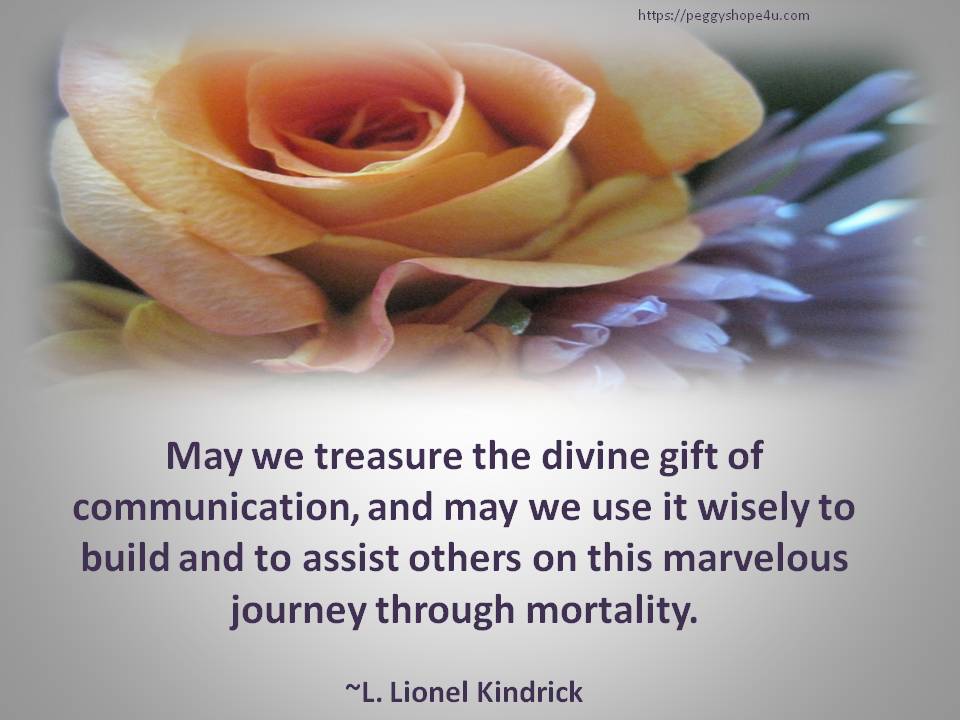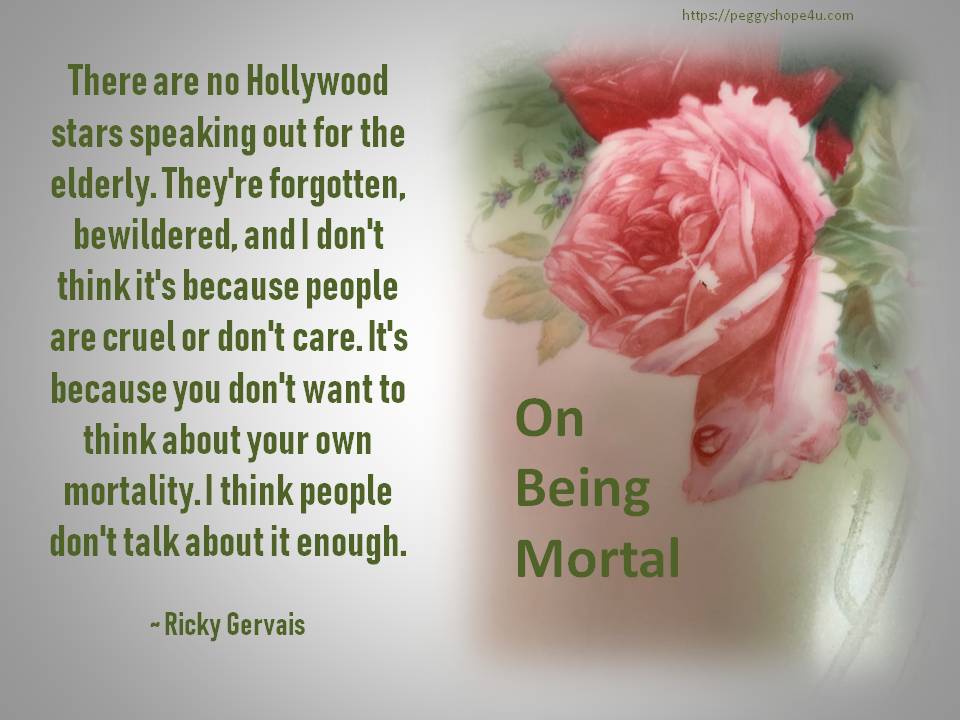We Accept our Mortality
But, Suffering Is Something Quite Different

We are all mortal. From the moment of birth, we are on a journey toward death. What frightens me the most is the prospect of suffering at the end.
I don’t want to prolong my suffering.
If I had a choice, I’d die peacefully in my sleep. But, I know that’s probably wishful thinking.
Death is the natural order of things, yet we struggle with whether to try one more experimental treatment that may give us a few more weeks or months. At what cost?
See, that’s the thing. The doctors know they can’t solve all the problems, so they hesitate to fully inform the patients of the negative possibilities of yet another treatment.
I don’t believe these men and women are callous or that they intend to create extraordinary suffering when things go wrong. They were schooled to think problems can be solved. What’s so crazy about them trying to share hope?
End of Life Choices
This spring, I received a call from a dear friend. She and her husband had gone to his doctor earlier in the day.
The diagnosis was devastating. He had cancer, and it had spread throughout his body.
With tear-filled eyes, I asked her what the plan was.
She explained the doc told them with treatments he could probably live another eight months. There was a brief hesitation as she gathered her thoughts.
“We both said ‘no’ at the same time.”
I felt like I’d been gut-punched.
My husband and I were down south for the winter. I wanted to go to her and protect her from the coming days.
Because We’re Mortal Beings, We Need to Ask the Right Questions
I asked her if the doctor had prescribed any treatment. She responded that they were sent upstairs to have the fluid drained from his chest. “The doc who did it said he didn’t know why the other doctor had chosen to do something so pointless.”
That one sentence told me everything I needed to know about his current status.
When asked if she’d requested Hospice, she told me that someone had given her a card. She hadn’t called them yet.
After we hung up, I made some calls and secured a hospital bed. I knew her husband well, and going to a nursing home would have been one of his main terrors.
Having worked with Hospice in the care of my aunt and in-laws, I know how the process is supposed to go. The fluid in her husband’s chest was going to build again, and he’d never be able to manage the steep steps to their bedroom. Her son agreed to pick up the bed on Friday.

Diseases Progress & Decline Is Often Rapid
Neither my friend nor I knew how rapidly he would decline. He’d paid bills and fixed fencing on the farm only the week before.
By the time her son delivered the bed on Friday, it was apparent his father was too weak to climb the stairs.
None of us anticipated how quickly everything happened.
The blessing here is the fact these two people were allowed to write their story without interference.
My friend and her husband chose to deny the extra time debilitating treatments could offer them. They did this because they didn’t want to risk the loss of quality of life involved in the decision to select chemotherapy. The choice was to spend the remaining days and hours together as a family. It was the right choice for them.
“This is a modern tragedy, replayed millions of times over.” Atul Gawande, Being Mortal.
I have another friend who recently received a diagnosis of Stage 4 Pancreatic Cancer. It is her second bout with cancer. Her choice is to fill her life with the joys of living rather than to struggle with cancer treatment, which will take away the independence she cherishes.
She and her husband even took a trip this spring to get away from the winter’s snows.
We each need to think about the possibilities lying ahead of us.
Now is the time to decide what you are willing to sacrifice.
What means the most to you at the end of your life?
I know I don’t want to languish in a nursing home. Sadly, I watched my mother, my aunt, uncle, and my grandmother give up their freedom and everything necessary for their happiness. Nursing homes aren’t the answer to our aging problem. We need something better. I want to die with a sparkle in my eyes and a smile on my lips.
Because We Are Mortal, We Need to Have a Plan
After seeing another friend in a nursing home this week, I knew it was time to do my research.
I picked up a used copy of Gawande’s Being Mortal and began the journey to understanding end-of-life choices led by a surgeon (at Brigham and Women’s Hospital in Boston) and a writer (at the New Yorker).
He asks:
Are we shortening the time we have left?
Do we willingly accept suffering for a few more precious hours?
His reaction to the newer solution of Hospice Care confirms my friend’s decisions and my own. The research confirmed it extended survival by three weeks for those with pancreatic cancer, six weeks for lung cancer, and three months for congestive heart failure.
The people Gawande highlighted in his book, who sought treatment, sacrificed their quality of life and extended suffering. None of us would choose that end willingly.
Our problem is that doctors don’t ask the right questions. They need to understand our fears and our wishes before they can honestly recommend treatment or lack of treatment.
I strongly suggest you pick up a copy of Gawande’s book now. Do it before it’s too late to approach the questions with a clear mind.
In the end, all of us hope for a natural death. We choose not to suffer. Uppermost, we hope to spend quality time with those we love. It is our choice, not something to leave to chance with the medical profession.